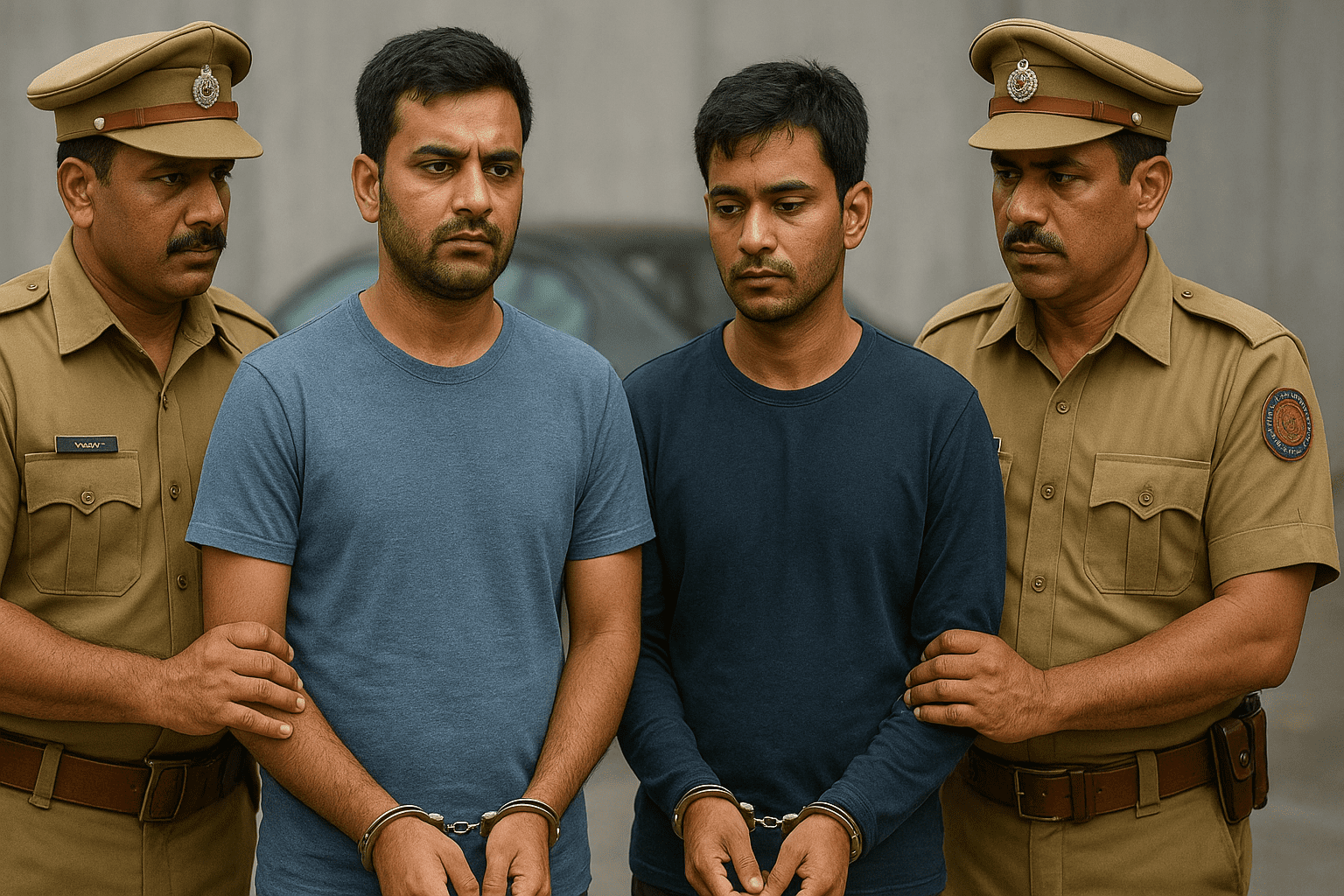The Machhli family of Bhopal rose from humble beginnings as fish traders to become one of the most controversial and notorious families in Madhya Pradesh. From securing exclusive fishing rights at Hathaikheda Dam to building an illegal empire worth crores, the family allegedly operated with impunity for decades—thanks to political patronage and administrative blindness.
This blog uncovers the shocking details of the Machhli family rise, their criminal activities, and the political collusion that shielded them until a dramatic crackdown toppled their empire.
Who Are the Machhli Family?
In 1983, the Machhli family established the Machli Palan Sahakari Sanstha Maryaadita, a fishing cooperative in Islamnagar, which gave them exclusive rights to fish at Hathaikheda Dam. This contract fetched them nearly ₹4 crore annually and helped build an empire reportedly worth ₹160 crore over four decades.
However, an audit in 2019 revealed that the cooperative was fraudulent. Meetings were held in the names of deceased members, and decisions were controlled by one person rather than a legitimate board. Shockingly, despite being blacklisted, the same cooperative continued to get the fishing contract even in 2023.
The key to their power was political proximity. Sources and residents claim every family member nurtured ties with different political leaders, ensuring influence across party lines. This clout helped them secure repeated government contracts despite complaints and audits flagging irregularities

Illegal Land Grab and Encroachment
The Machhli family settled in Anantpura near Hathaikheda Dam and started encroaching on government land, allegedly occupying nearly 300 acres. Over time, they built:
- Lavish farmhouses
- A 30-room palace-like mansion worth ₹25 crore
- Factories and warehouses
- A madrasa
Local residents alleged that the family sold illegal plots to others and converted the area into a Muslim-dominated settlement to create a loyal vote bank.
Criminal Activities of Shahwar Ahmed and Yaseen Ahmed
The empire’s criminal foundation came to light in July 2025, when Shahwar Ahmed and his nephew Yaseen Ahmed were arrested for drug trafficking and illegal arms possession. Investigators allege:
- Drug Racket: MD drugs supplied to gym-goers, party circuits, and college students.
- Exploitation of Hindu Girls: Multiple women reported being lured with promises of marriage, drugged, raped, and blackmailed.
- Extortion & Kidnapping: Victims were threatened with guns and coerced into paying large sums.
One victim, Rajesh Tiwari, accused the family of holding him hostage for 16 hours at their farmhouse and extorting ₹50,000.
Investigators also found suspicious financial transactions with Dubai-based contacts, hinting at international links.
The Bulldozer Action: Empire Reduced to Rubble
The turning point came in August 2025, when the Bhopal administration launched a massive demolition drive:
- 30-room illegal mansion near Hathaikheda Dam demolished
- Properties worth ₹125 crore razed
- 65 acres of government land reclaimed
The demolition was carried out under heavy security, symbolizing the state’s sudden but overdue action against decades of illegality.
Conclusion: A Lesson in Governance Failure
The Machhli saga is more than a crime story; it is a case study in how corruption, political collusion, and administrative apathy can allow organized crime to thrive for decades. While the bulldozers have razed their mansions, the bigger challenge remains:
Will the system learn from this, or will another Machhli family rise tomorrow?
















